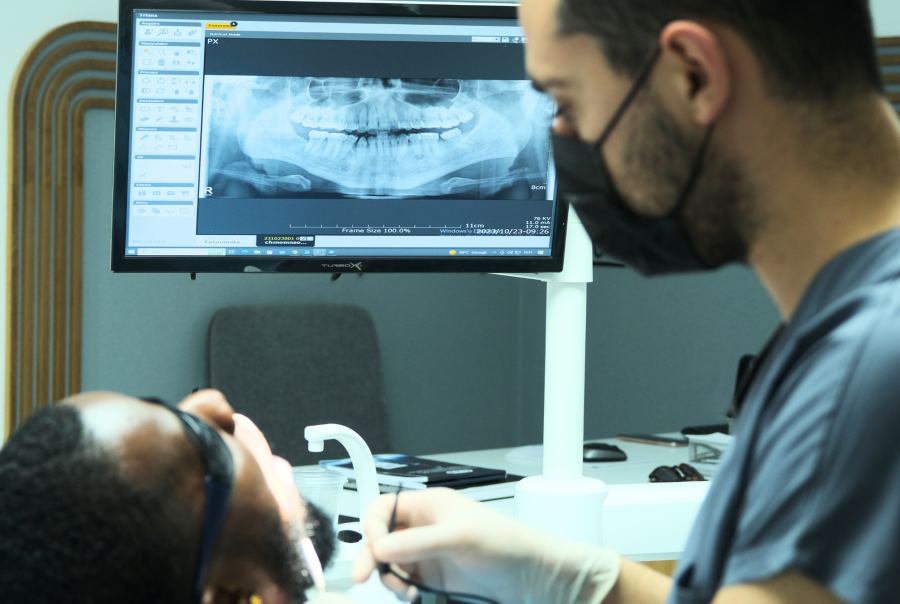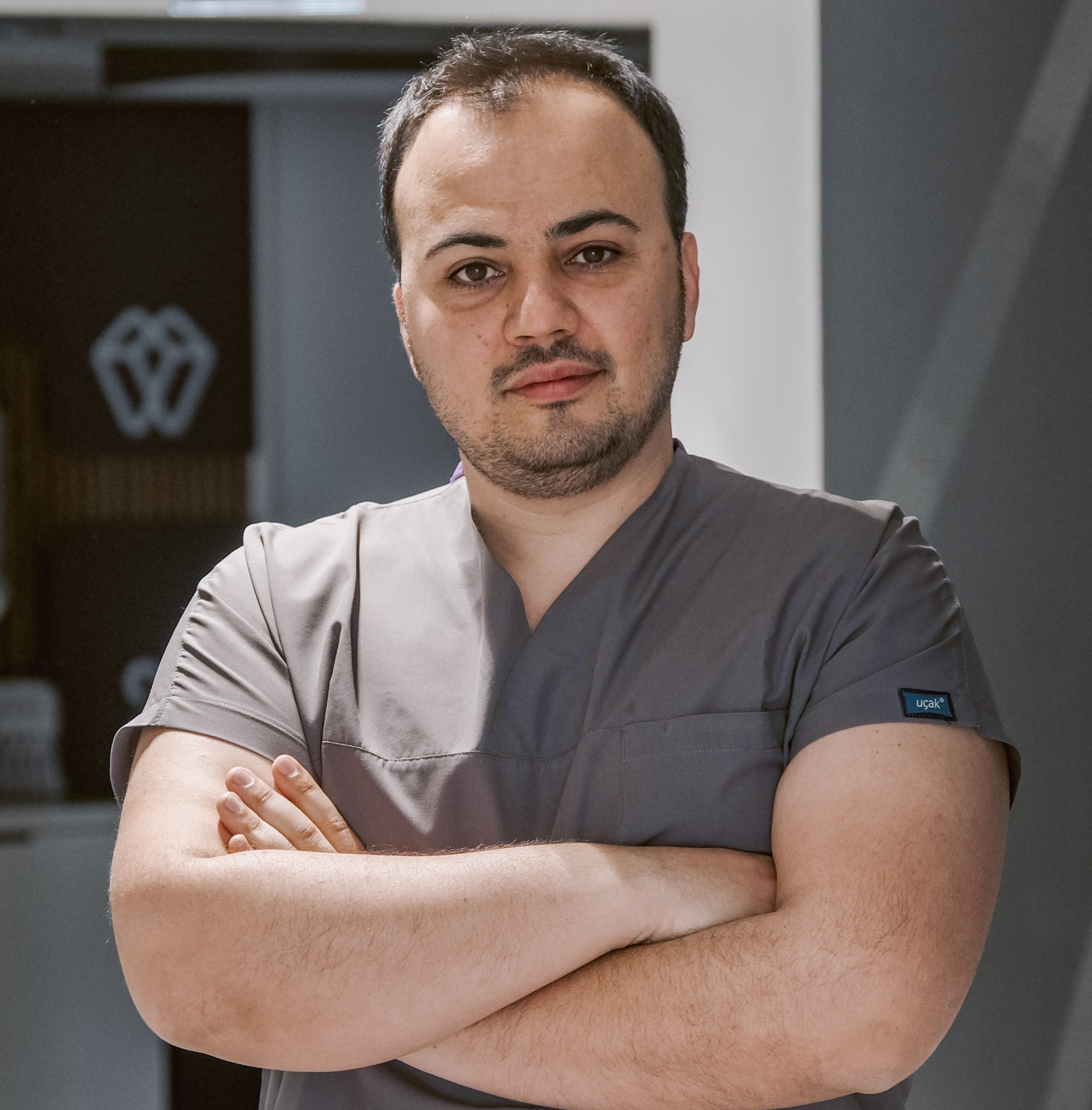Get information about Tooth Extraction with the explanation of specialist dentist Mehmet Ali Koldas.
Tooth Extraction

Tooth Extraction, Prime Dental Turkey.
Tooth extraction is perhaps one of the most feared dental treatments among people. It is the process of removing a tooth from its socket in the jawbone. Typically, it is a procedure performed on an outpatient basis with local anesthesia.
In adults, teeth may need to be extracted due to decay or trauma over time. Additionally, tooth extraction is required for patients whose teeth do not fit in their mouth, those with dental crowding, or those with extra teeth. Similarly, primary teeth need to be extracted once they have served their purpose until the permanent teeth erupt. Another reason for tooth extraction is medical conditions that weaken the immune system, such as chemotherapy or organ transplantation, where even simple infections in the mouth can indicate the need for tooth extraction. The duration of the extraction process can vary depending on the tooth’s location, its position, and whether the root is curved or straight. On average, including anesthesia, the procedure is completed in about 15-20 minutes. However, sometimes open extractions are necessary, which can prolong the treatment time. Additionally, the extraction of non-functional impacted, semi-impacted, or malpositioned teeth, and wisdom teeth can also be performed. Before beginning the extraction, a thorough oral examination and radiographic assessment of the patient should be conducted. The patient’s systemic diseases, medical history, and any medications they are taking should also be thoroughly reviewed.
Uncontrolled conditions like diabetes can lead to non-healing extraction sites post-surgery. Similarly, if the patient has an acute infection, such as swelling or discharge, the infection should be treated before the tooth extraction is performed. After administering local anesthesia, the tooth extraction is carried out simply. During this process, the patient may feel pressure due to the extraction, but the pain and discomfort are controlled by local anesthetics. Teeth are loosened and removed from their sockets using special instruments called forceps and elevators. Given that the extracted teeth often have severe decay and bone loss, there is a possibility of the tooth breaking. These broken pieces are removed using special tools. If there is any doubt about the removal of a tooth fragment, a follow-up X-ray should be taken to locate and remove the fragment. The healing process after tooth extraction takes 7-10 days, during which the extraction site is covered by gum tissue. Over time, the extraction socket undergoes a bone healing process, and approximately 2-3 months later, the area is repaired with immature bone tissue.
Post-extraction, patients are usually given recommendations to minimize discomfort and accelerate healing. These include taking painkillers and antibiotics regularly if necessary. After the tooth extraction, the gauze placed in the mouth to stop bleeding and promote clot formation should be gently bitten for a minimum of 30-60 minutes. Vigorous spitting and sucking actions should be avoided to reduce inflammation in the area, and cold compresses should be applied. After the extraction, avoid eating granular foods that can get into the extraction site and cause infection. Additionally, avoid tobacco and tobacco products. If unexpected bleeding or severe pain persists after the extraction, the dentist should be informed immediately. The cleanliness of the extraction site should be maintained in the following days.
Mehmet Ali Koldas
He was born in 1989 in Izmir. After completing his primary, secondary and high school education in Torbalı, he went to high school in İzmir Atatürk High School.
In 2007, he started studying at Ege University, Faculty of Dentistry. In 2012, he started his specialization exam in Dentistry and started his residency in the Department of Oral and Maxillofacial Surgery at Süleyman Demirel University.










